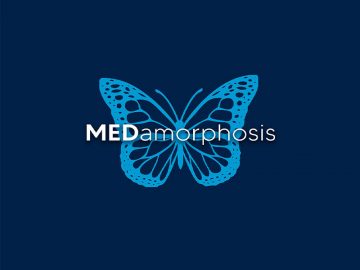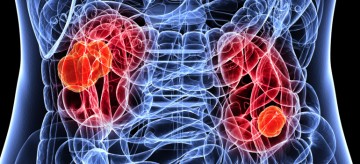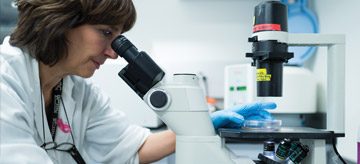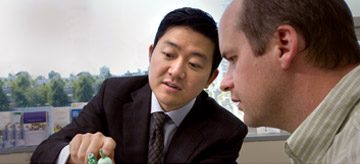The program
The program is 5 years (65 blocks) in duration.
The first two years are foundational training that meets the requirements of the Royal College Surgical Foundations curriculum:
- 13 blocks urology
- 3 blocks general surgery
- 2 blocks ICU
- 2 blocks nephrology
- 1 block trauma (general surgery)
- 1 block CRASH course
- 1 block emergency medicine
- 3 blocks selective (typically uroradiology, medical oncology, ER)
The last three years focus on graduated responsibility in the various disciplines within urology:
- minimum 6 blocks as senior resident with responsibility for running a clinical teaching unit
- minimum 3 blocks of pediatric urology at a senior resident level
- minimum of 3 blocks of electives (often taken outside Vancouver)
The program takes place in the four main teaching hospitals within Vancouver (Vancouver General Hospital, St. Paul’s Hospital, BC Children’s Hospital and UBC Hospital)
There are multiple opportunities during the 5-year program to attend conferences and review courses outside Vancouver. Three to four blocks of elective time in the PGY4 year allow residents to work with community urologists outside Vancouver.
Residents will acquire the competencies required for independent practice as they progress through the program, due to graded responsibility. At the completion of the PGY5 year, the resident will be fully competent to perform the surgical procedures outlined in the Royal College Objectives for Urology.
Urology Competencies
Under the framework of CanMEDS competencies, the overall goals of the residency are:
Medical Expert
The graduating resident will:
- Be able to perform a urology consult and present the findings in a verbal and written form when requested by another health care provider
- Have a thorough and practical knowledge of clinical medicine and urology consistent with other consultants in urology
- Be able to select appropriate diagnostic tests in a resource-effective manner
- Demonstrate effective judgment and problem-solving when recommending therapies and other courses of action and dually consider evidence-based principles and patient concerns and preferences
- Acquire and maintain technical skills, consistent with other consultants in urology, for the surgical procedures listed in the Royal College Objectives for urology.
Communicator
The graduating resident will:
- Be capable of establishing positive therapeutic relationships with patients and families during elective clinical encounters and during emergencies
- Be capable of taking a relevant clinical history that also considers issues of patient preferences, religious beliefs and past medical experiences
- Be capable of communicating information to patients and families, particularly ‘bad news’, in a humane and understandable manner and which encourages shared decision making
- Maintain clear, up-to-date and accurate medical records
Collaborator
The graduating resident will:
- Be capable of working with other health care providers, particularly other urologists and surgeons, anesthesiologists, family practitioners, specialists in internal medicine, radiology and oncology, nursing staff, physiotherapy and occupational therapy, in a respectful manner.
- Be able to recognize conflict in a health care team and be able to resolve conflict(s) or tension through collaborative negotiation
Manager
The graduating resident will:
- Understand the Canadian and Provincial health care system as it pertains to urology
- Use diagnostic tests and therapeutic interventions in an evidence-based and resource-effective manner
- Be able to participate in committees within the hospital or other health care system
Health Advocate
The graduating resident will:
- Be able to identify opportunities to promote disease prevention in their patients
- Be able to identify appropriate and effective support groups for patients in their communities
- Understand the role of (and participate in) the CUA, AUA, CMA, Royal College and other professional bodies as the graduating resident interact with the Canadian health care system
Scholar
The graduating resident will:
- Be able to implement a strategy for life-long self-study and maintenance of competence
- Be able to critically appraise publications in medical journals relevant to clinical urology
- Be capable of effective teaching of medical students, residents and other consultants in urology
- Be capable of completing a scholarly work – either novel research or a quality assurance project
Professional
The graduating resident will:
- Maintain appropriate relations with patients and families at all times
- Practice medicine in an honest, ethical and compassionate manner, consistent with other consultants in urology
- Fulfill the legal obligations and regulatory duties required of modern medical practice
- Recognize and respond to unprofessional behaviors in other health care providers
- Participate in the usual professional organizations associated with their area(s) of practice
- Balance personal and professional duties to allow for sustainable practice



